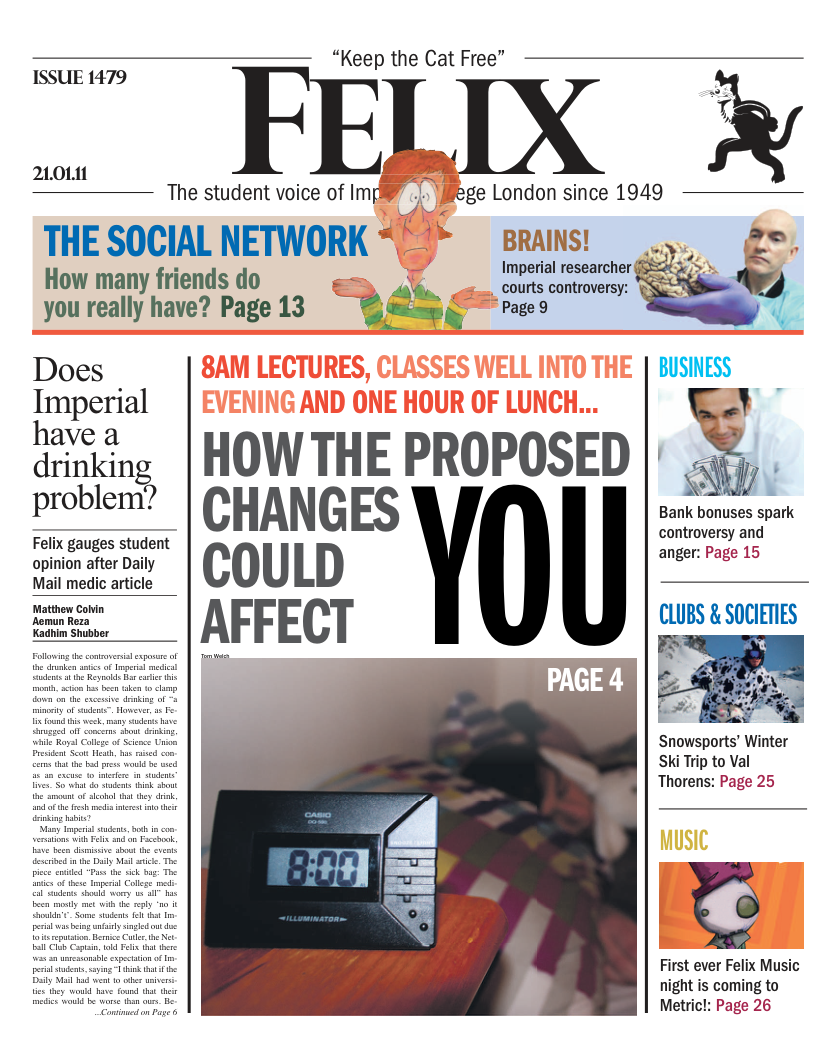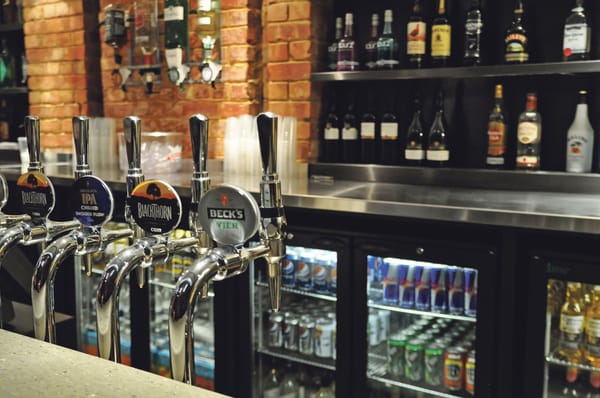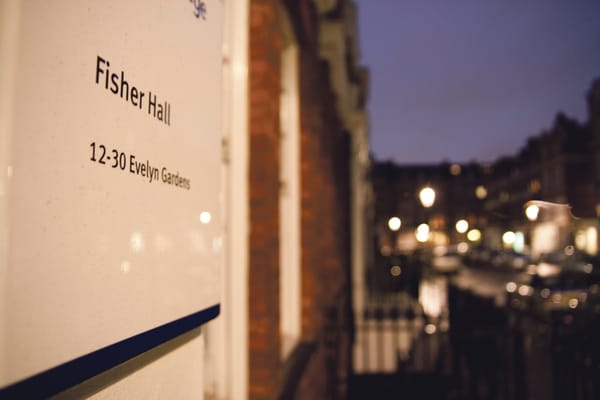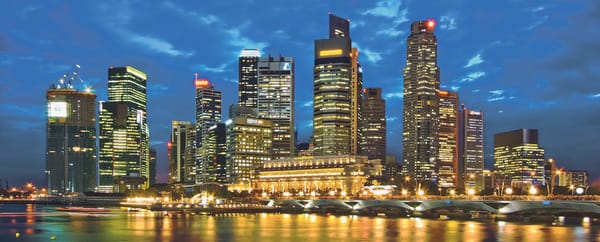Does Imperial have a drinking problem?
Felix gauges student opinion after Daily Mail medic article
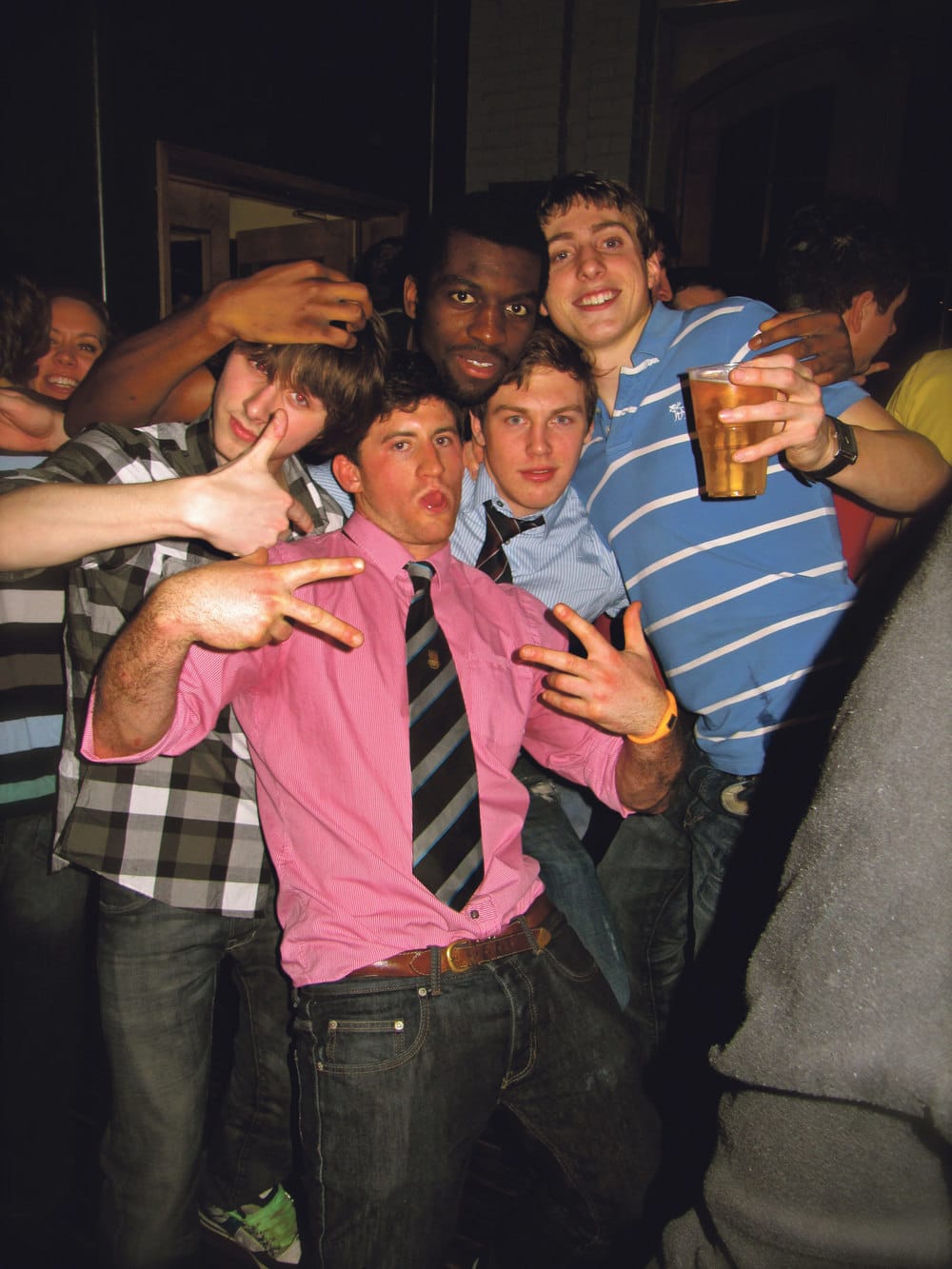
Following the controversial exposure of the drunken antics of Imperial medical students at the Reynolds Bar earlier this month, action has been taken to clamp down on the excessive drinking of “a minority of students”. However, as Felix found this week, many students have shrugged off concerns about drinking, while Royal College of Science Union President Scott Heath, has raised concerns that the bad press would be used as an excuse to interfere in students’ lives. So what do students think about the amount of alcohol that they drink, and of the fresh media interest into their drinking habits?
Many Imperial students, both in conversations with Felix and on Facebook, have been dismissive about the events described in the Daily Mail article. The piece entitled “Pass the sick bag: The antics of these Imperial College medical students should worry us all” has been mostly met with the reply ‘no it shouldn’t’. Some students felt that Imperial was being unfairly singled out due to its reputation. Bernice Cutler, the Netball Club Captain, told Felix that there was an unreasonable expectation of Imperial students, saying “I think that if the Daily Mail had went to other universities they would have found that their medics would be worse than ours. Because Imperial is one of the top universities [in the country] there’s this higher expectation of our behaviours, but in the end we’re just students.”
The Football Club Captain, Simon Kilroy, agreed, commenting that: “It seems like [the Daily Mail] were surprised that students at Imperial have a drink.”
It seems like [the Daily Mail] were surprised that students at Imperial have a drink Simon Kilroy, Imperial Football Club Captain
However, Professor J. Laycock of the Faculty of Medicine said that Imperial’s medical students had a responsibility to behave in a professional manner: “our medical students have an even greater responsibility […] than other students, in order to publicly demonstrate their suitability to represent the doctors of the future, and to reassure the public of their professional behaviour”.
There is a perception of medical students as being heavier drinkers than the rest of Imperial. Despite not being shocked by the ‘antics’ described in the Daily Mail article, some non-medic students have described the drinking habits of their medic peers as more “extreme”. Ed Lacey, Hockey Club Captain said, “I suppose the medics are a bit more extreme in their antics. Not every time we drink do we get plastered, but it seems that way with the medics.” Tristan Collier, President of the 22s, a private social club affiliated with the Royal College of Science (see “Drinking Clubs or Social Clubs?”), commented: “I don’t personally think that people should throw up in the middle of a bar. I certainly wouldn’t enjoy having a beer next to a bucket of sick.” Simon Kilroy agreed saying wryly “[the Football Club] don’t need buckets. I think our members can make their way to the toilets if needs be.”
Medics, however, rejected the suggestions. Professor Laycock said: “I certainly don’t think that our [medical] students are any different from many of their peer group.” Research from the Harvard Medical School, released in 1991, showed that “medical students did not drink especially heavily and were no more vulnerable to alcoholism than were their counterparts in pharmacy and other professions.”
A small minority of students do end up drinking too much but […] the vast majority of ICSM students are either moderate drinkers or teetotal David Smith, Medic President
Imperial College School of Medicine Student Union (ICSMSU) President David Smith insisted that there wasn’t a culture of heavy drinking in the medical school: “A small minority of students do end up drinking too much but […] the vast majority of ICSM students are either moderate drinkers or teetotal.” Indeed, many medics believe they are the same as any other type of student in terms of drinking: “I think the [Daily Mail] article highlights a universal problem, not just for medics, because everybody does it,” said a Medic who wished to remain anonymous. Scott Heath, RCSU President, questioned whether the article was bad publicity at all, saying: “Frankly, it was nice for the media to finally portray a part of Imperial College student life as comparable to that of any other university in the UK.”
Positive or not, the publicity has triggered changes at Reynolds Bar. Jugs of beer have been banned and ID will be required at the door, a measure already in place at Imperial College Union on busy nights, as well as at the bar. A Medic who wished to remain anonymous commented that the changes created “more of a hassle for the bar staff” but that “people seem to still be enjoying themselves.” David Smith conceded that some people would be disappointed, but said in an email to club captains that the changes made the best of a bad situation. Professor Laycock said that although drinking “has always been part of the growing-up learning experience [for students]” that “a more responsible attitude to drinking is to be encouraged.”
There have also been attempts, successful whether positive or not, to change the drinking atmosphere at Imperial College Union this year. The new bar and club, FiveSixEight and Metric respectively, have been designed to discourage drinking games. Ed Lacey commented, “The drinking atmosphere at the Union has changed since the refurbishment. There’s less space for drinking games.” Imperial College Union has launched a website this year, yourlimits.co.uk, designed to educate students about the effect of alcohol and drugs on their health.
Whether fair or not, there is a commonly held perception that Imperial College Union’s Sports teams, and some other societies, are responsible for promoting a culture of heavy drinking at Imperial. There have already been attempts to change this perception; Wednesday’s sports night at the Union has been rebranded “Boom Box”.
Joe Harris, the Rugby Club Captain, accepted that there was a culture of heavy drinking associated with sports teams. “To deny that the culture exists would be irresponsible” but he denied that it was unique “to the rugby club, rugby in general or to Imperial.” Ed Lacey echoed his sentiments: “The drinking culture is [...] a tradition for sports teams but I would also say that it’s a tradition for students in the UK in general”.
However, Harris went on to explain that the drinking culture may partly “stem from the sport itself.” He said that a game like rugby is extremely demanding and requires strong bonds between players. “Socialising off the pitch is incredibly important in developing this bond between players. Doing so doesn’t necessarily have to be alcohol-related, it’s just convenient to do so as everyone meets in the bar.”
All of the sports teams with which Felix spoke were keen to emphasise that they are just as welcoming to non-drinkers as they are to non-drinkers. Football Club Captain Simon Kilroy said that most members of the Football club didn’t attend Sports night at the Union on Wednesday while Bernice Cutler pointed out that last year’s Netball Club Social Secretary is a non-drinker. While she conceded, “some people at times will feel pressured into drinking” she argued that it was a problem that was seen in many areas of society and wasn’t “specific to this or that club, or to this university at all.”
Scott Heath, however, was less accommodating, arguing that “if you are part of a sports team that is renowned for its Wednesday Night piss up it will take a lot to say no their tradition.” He went on to claim that students had been deterred from joining sports teams because of the drinking culture: “I can guarantee that there are students out there who have been deterred from joining teams because they want to avoid this.” Ed Lacey disagreed, insisting that non-drinkers were as welcome as drinkers: “Non-drinkers are always respected. It’s not like you have to drink to be in the Hockey Club.” Indeed initiations are banned by the Union and at many other universities. Students at the University of Gloucestershire were filmed taking part in a “Nazi-style initiation” in 2008 while a student at the University of Exeter died of alcohol poisoning in 2006 after a Golf Club initiation. Imperial’s social clubs, which are not affiliated with the Union and therefore not subject to their ban on initiations, have insisted that their initiations are nothing like those reported in the media. Tristan Collier, President of the 22s, said that their initiations did not involve any nudity or humiliation of any kind. “We take very good care of our initiates and [we don’t] push people over the edge,” he said.
Drinking games, forfeits and dirty pints, seen as controversial by some, were defended across the board. Lacey accepted that some people “might see [those] things [...] as unacceptable,” but insisted that there was no coercion involved: “We always take care of people and we don’t force feed [them] alcohol.”
Rahul Mudannayake, a steward at the Union, agreed that the Union was a safe environment for students and argued that it was far preferable that, if students want to get drunk, that they do so at the Union. “I’d rather that students were drinking at the Union, in a safe environment, than elsewhere where they won’t have stewards looking out for them,” he said.
The issue of alcohol consumption is one that is under increasing scrutiny as the government tries to reduce binge drinking through minimum pricing and researchers like Imperial’s Professor David Nutt attempt to show the comparative harm of legal drugs, like alcohol, against socially unacceptable illegal drugs. There is certainly complacency when it comes to the harm caused by alcohol. The issue of damage to a person’s health scarcely appeared in our discussions with students – and certainly the authors of this piece are as guilty as those students. (Rahul Mudannayake told Felix that there were certainly a few who drank far in excess of what is healthy, noting one student who he knew drank 278 units of alcohol in one week – government guidelines recommended no more than 3-4 per day.)
It is hard to defend heavy drinking on an intellectual level. As the Football Club Captain put it, dirty pints and drinking games are “probably not ‘civilised’ behaviour”. However, it is clear that most students believe that it is an individual’s responsibility to regulate their own intake – whether or not this is justifiable when you include peer pressure is debatable.
But while the Daily Mail article implied there was something unique, or uniquely wrong, about medical students at Imperial getting drunk and engaging in questionable behaviour, Heather Jones disagreed saying: “Like any university, and like society in general, we probably have some people who drink more than they should. And I’m sure that there are some clubs with a large proportion of those people. But to suggest that there is an Imperial-wide problem, that’s unique to this university, is wrong.”
Additional reporting: Katherine Bettany


